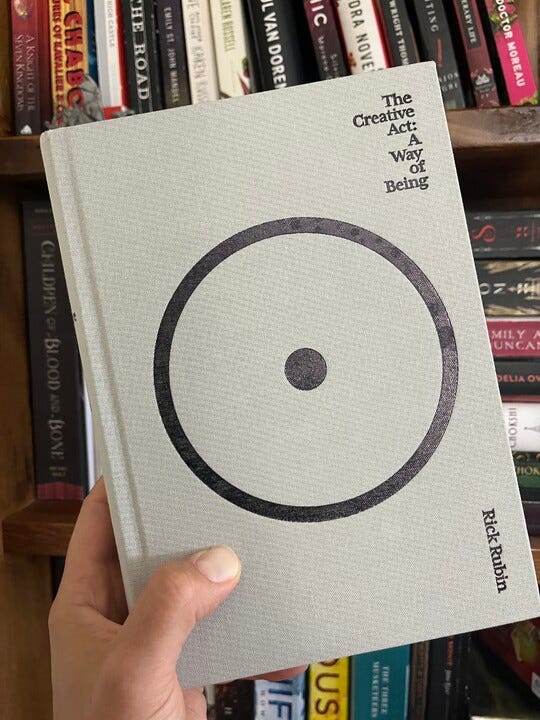A month ago, I made a visual X thread with ten life lessons from Naval Ravikant. I believe these teachings are helpful, so I’ve decided to start a series of blog posts where I dive deeper into each of them, starting today.
For those who don’t know, Naval Ravikant is a very influential investor and entrepreneur. He co-founded AngelList, and some of his successful investments include Uber, Twitter, Poshmark, and Notion. Recently, he has been working on Airchat, an app that makes smart, asynchronous conversations possible.
But he’s not only that. Naval is also a great thinker and communicator. He has a blog, a podcast, and an X account, and he has also appeared in some other spaces, such as The Knowledge Project or The Tim Ferriss Show. Also, Eric Jorgenson wrote “The Almanack of Naval Ravikant,” which is free to read.
I’m pretty sure I’ve read or listened to anything he has ever said publicly, and the knowledge he has allowed me to get has changed my life. He has been my life's most influential (internet) person in the last couple of years. If you haven’t heard/read him, I strongly recommend you to do so. I’ve given you some places to start!
Alright, enough about me being a Naval fanboy for today. Let’s get into the first lesson.
Inspiration is perishable — act on it immediately.
If you are someone who does creative work in your life (and you probably are, even if you don’t think so), I’m sure you long for those moments of flow and creativity where you start getting great ideas. Sadly, these moments usually don’t last long. Therefore, we must learn to identify those sparks of creativity and take action immediately.
Ideally, that means making that creative impulse our number one priority for the time inspiration lasts. These impulses can lead to momentum that keeps the ideas coming, allowing us to extract all the potential from that imaginative wave.
Sometimes, though, it’s not possible for us to make these moments our top priority, but we can always do something about it. So note down that business idea. Draw a quick draft for a design or painting. Record a melody for that song. Creative work is a series of sprints, not a marathon.
Whatever it might be, you will never regret taking some action. Worst case, you lose a few minutes of your time. You never know which ideas can become something big, so you will miss out on things if you remain passive. Building the habit of taking these small steps has been successful for me. I’ve been able to come back to some of those ideas and execute them. These little improvements end up compounding, and you will see results after some time if you stay consistent.
Many of my posts here start that way. An idea pops up in my head, and then I note it down in a Notion document called “Post Ideas.” Next, whenever I have some free time, I’ll come back to it and start writing. But if I don’t write the idea down initially, I know there’s a major chance I will forget about it forever. What a waste!
A final note: I really recommend that anybody who wants to improve their creative life read The Creative Act: A Way of Being by Rick Rubin, who is one of the most renowned music producers in the industry and has worked on multiple groundbreaking albums. This book gives the reader actionable advice and techniques on how to become more creative, and I really enjoyed reading it. It’s the kind of book you need to have a physical copy of and keep it near your desk (or wherever you do your creative work). You can always open a random page and find something helpful.
I hope you liked this first post from the “Naval” series. I’d love to hear your opinions and insights, whether they are positive or negative! Please leave a comment or message me on X, Instagram, or Facebook, and we can chat! Thanks for reading!
See you later!







I have a long standing email chain with myself for this exact reason!
Another +1 to writing things down. I usually use my notes app on my phone to take initial notes on something, then pick it up on my Mac when I’m in work mode. Had heard of Naval either so I’ll have to check him out